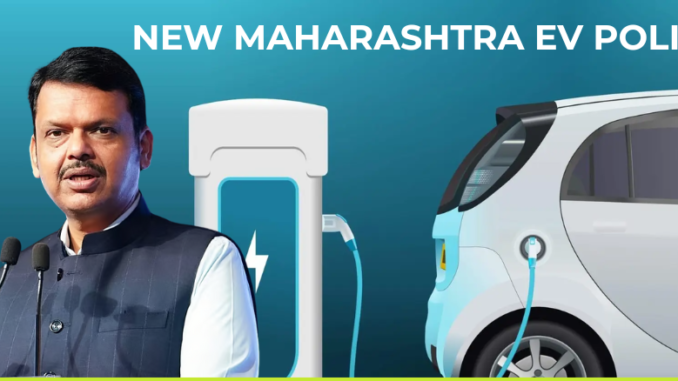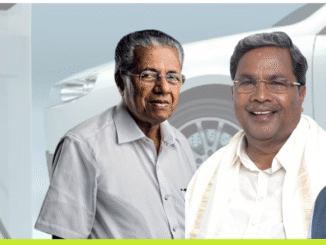
The Maharashtra government has approved the Electric Vehicle Policy 2025, committing ₹1,995 crore to scale up EV adoption and charging infrastructure. The state aims to have electric vehicles make up 30% of all new vehicle sales by 2030.
This new policy significantly upgrades the earlier 2021 policy, which had an outlay of ₹930 crore. In 2024, Maharashtra contributed 12% of India’s total EV sales, strengthening its position as a leader in sustainable mobility.
Broader Incentives and New Vehicle Categories
The policy expands the number of vehicle categories eligible for subsidies from 5 to 13. In addition to two-wheelers, three-wheelers, cars, and e-buses, subsidies now apply to several high-emission commercial vehicles:
- Trucks and trailers
- Private buses
- Utility and municipal vehicles
- Dumper trucks and agricultural trailers
Subsidies range from ₹10,000 for two-wheelers to ₹20 lakh for electric buses. Notably, private operators of buses and commercial vehicles are now eligible—marking a shift from earlier public-sector-only benefits.
Toll Waivers to Encourage EV Use
To make EVs more appealing for regular and commercial use, the government has announced toll exemptions on key highways:
- Mumbai–Pune Expressway
- Samruddhi Mahamarg (Nagpur Expressway)
- Mumbai Trans-Harbour Link (Atal Setu)
- PWD highways (phased rollout)
These waivers are in addition to the policy budget and are expected to significantly reduce operational costs, especially for logistics and fleet operators.
Big Push for Public Charging Stations
Improving public charging infrastructure is a core goal of the policy. Maharashtra plans to tackle the growing gap between EV adoption and charging availability, especially in cities like Mumbai.
Key steps include:
- MoUs with oil companies to install EV chargers at 60–70% of fuel stations
- Equipping all state transport depots with public charging areas
- Offering viability gap funding of up to ₹10 lakh for setting up new stations
- Mandating EV charging in new residential buildings
- Allowing existing societies to opt in with 50% resident approval
- Requiring commercial buildings to offer charging access
These measures aim to remove the top barriers to EV use: lack of chargers, range anxiety, and long charge times.
Focus on Battery Recycling and Sustainability
The policy introduces strong circular economy measures. The Urban Development Department will allocate zones in existing dumping yards and waste facilities for battery recycling. This step ensures responsible disposal and re-use of battery components at the end of their life cycle.
Market Outlook and Industry Response
According to the International Council on Clean Transportation (ICCT):
- Maharashtra ranked second in EV sales in 2024
- Uttar Pradesh was first with 19% of sales; Karnataka followed with 9%
- Together, these three states made up 40% of India’s EV market
As of January 1, 2025, Maharashtra had:
- 48.8 million registered vehicles
- 644,779 battery electric vehicles (BEVs)
- A significant jump from 394,337 BEVs in 2023
Industry leaders have praised the policy, especially the focus on charging and inclusion of commercial vehicle subsidies. One senior executive from a top automotive OEM said:
“If executed well, this policy can greatly accelerate EV adoption, especially in the commercial sector where savings are significant.”
A Comprehensive Push Toward Electric Mobility
Maharashtra’s EV Policy 2025 presents a clear roadmap for EV adoption. With more incentives, toll relief, and a robust charging plan, the state is set to become a national leader in green mobility. The policy bridges vision and action, aiming to build a future-ready, inclusive electric transport ecosystem.




